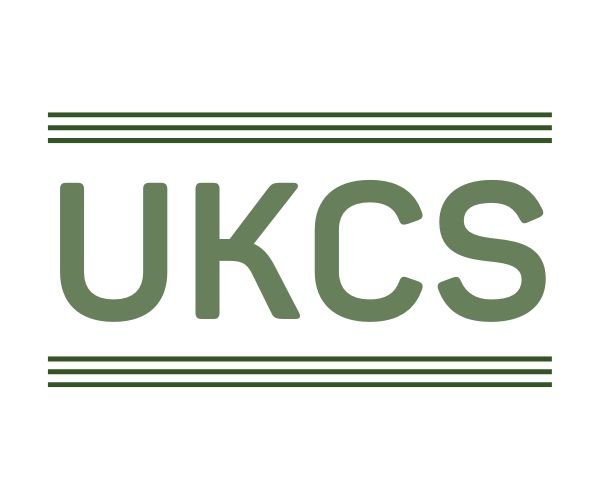The need to integrate patient belief into drug treatment - study
A thought-provoking study has recently been summarised on the National Electronic Library for Medicines of the NHS (that's the National Health Service, for any overseas visitors!) called The effect of treatment expectation on drug efficacy: imaging the analgesic benefit of the opioid remifentanilThis is a summary - by Pharm-line - of a study by "U Bingel, V Wanigasekera, K Wiech, R Ni Mhuircheartaigh, MC Lee, M Ploner, I Tracey" which was originally published in the Science Translational Medicine (16 Feb 2011;3(70):70ra14).(For those unfamiliar with the term, analgesia is "a deadening or absence of the sense of pain without loss of consciousness." - www.freedictionary.com)The summary begins by noting that:
Evidence from behavioural and self-reported data suggests that the patients' beliefs and expectations can shape both therapeutic and adverse effects of any given drug.
It then relates the nature of the investigations carried out to explore the accuracy of such data and concludes by saying that:
Positive treatment expectancy substantially enhanced (doubled) the analgesic benefit of remifentanil. In contrast, negative treatment expectancy abolished remifentanil analgesia...On the basis of subjective and objective evidence, we contend that an individual's expectation of a drug's effect critically influences its therapeutic efficacy and that regulatory brain mechanisms differ as a function of expectancy. We propose that it may be necessary to integrate patients' beliefs and expectations into drug treatment regimens alongside traditional considerations in order to optimise treatment outcomes.
Research like this evidences how the relationship of belief to healthcare outcomes is increasingly being investigated. The suggested outcome offered here - to integrate the beliefs and expectations of patients into their drug treatment - is progressive and compassionate.A model that works for many, including me, goes a step further. It is a spiritual healing approach which zeroes in on the influence that belief has as cause, as well as acknowledging the effect it can have on cure. It addresses these causative beliefs with an understanding of illness as rooted in mental models of life as primarily material rather than having a more spiritual construct.Such healing not only considers the nature of positive and negative belief on how successful a treatment will be, it takes into account belief itself as the foundation of the problem in the first place. And it taps the capacity for a spiritual understanding in an individual to act as a healing agent that works by displacing the kinds of beliefs which can produce sickness by a conscious conviction of spiritual goodness as the underlying nature of the individual.While not everyone might want to adopt this spiritual approach to addressing their healthcare concerns, there is an ongoing record of its effectiveness which suggests that for many it is proving its worth to them in the arena of their health needs, and deserves to be more widely known and considered.
